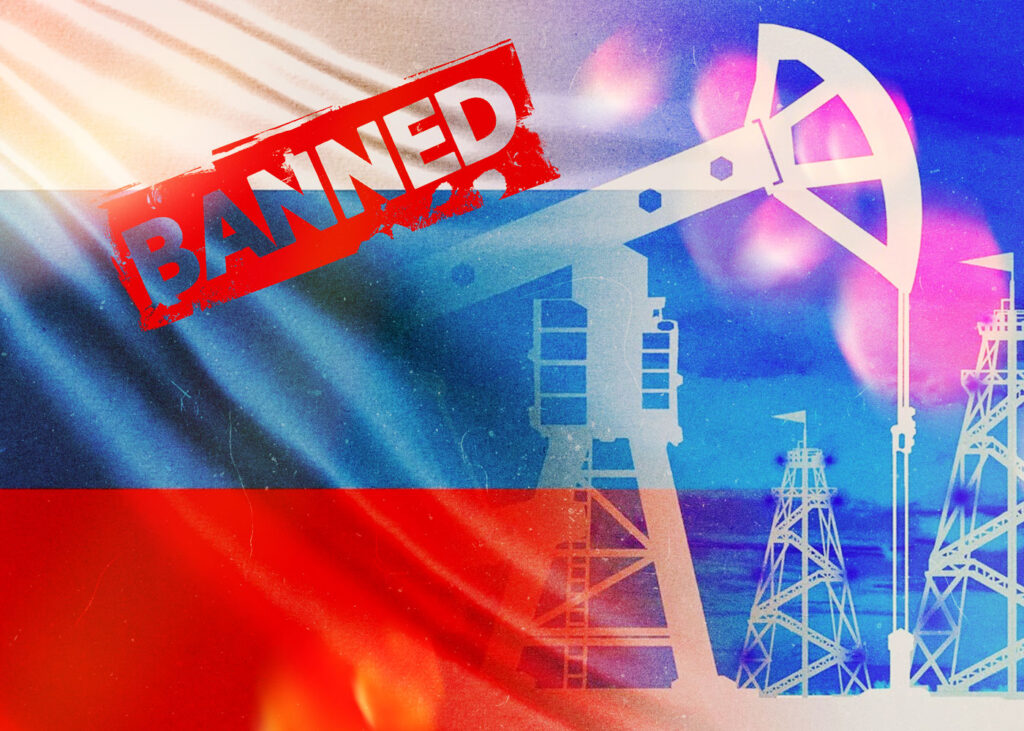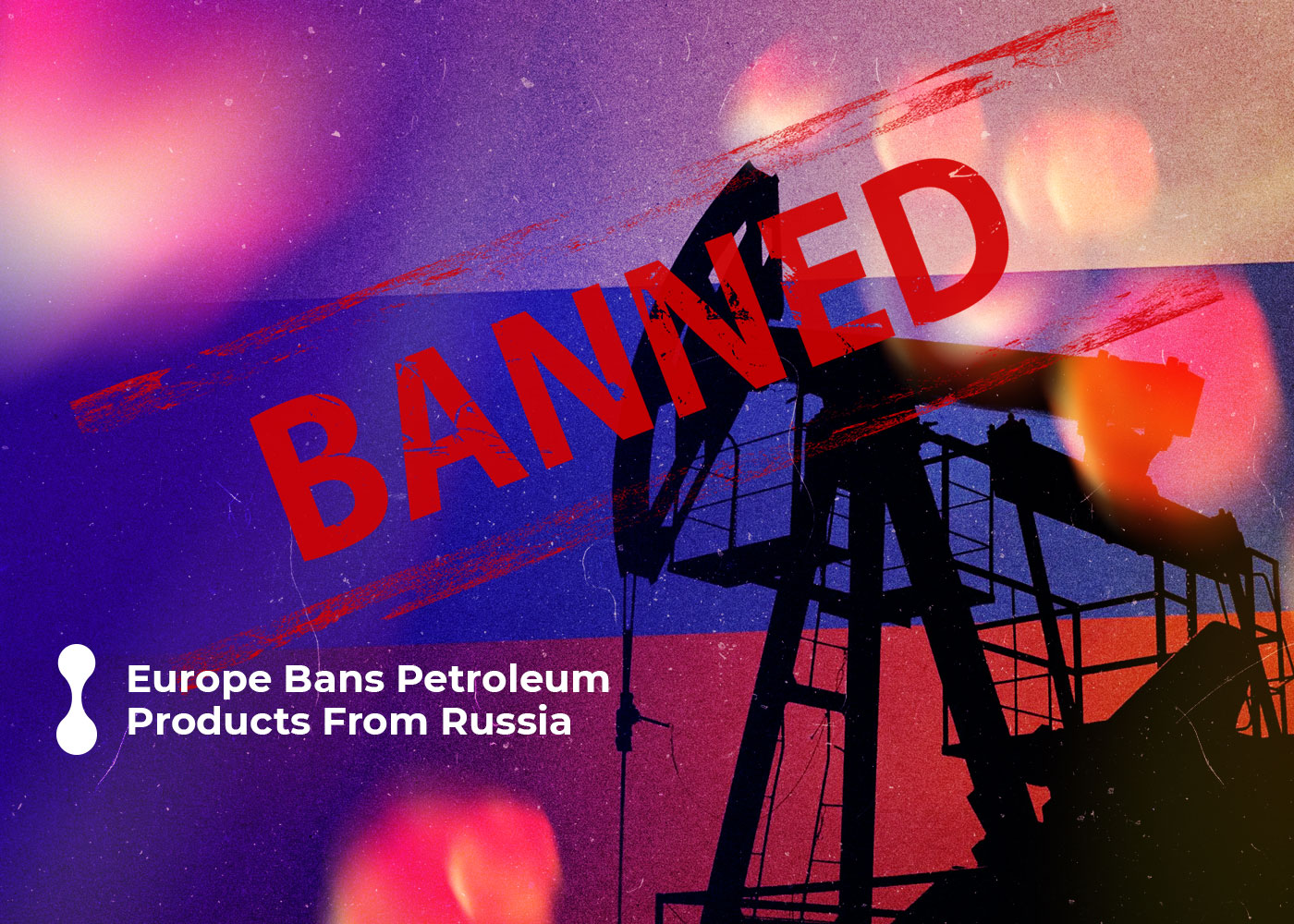The European Union will be making a significant stride in distancing itself from Russia‘s energy ties as the EU embarks on another ban prohibiting imports of diesel fuel and other crude oil products originating from Russian refineries. This restriction will come into effect on February 5th, following its embargo imposed earlier on coal and most petroleum from Russia. The 27-nation bloc is determined to cut off their reliance on Moscow for energy resources while simultaneously preventing any chance of filling up the Kremlin’s war chest before the anniversary of Ukraine’s invasion arrives.
This Ban Comes With Risks
The recent ban could have dangerous consequences: diesel prices have spiked since the war began on February 24 and may escalate even higher, endangering a vital piece of the global economy. Hans-Dieter Sedelmeier from Rast Reisen concurred: “By continuing our operations, we’re essentially leaving money on the road.”
From groceries to goods, most items people consume are transported by diesel-powered vehicles. This fuel also assists in running farming machinery, urban buses, and industrial equipment. Unfortunately, due to its high cost, this is added to the final product or meal price – leading to inflation in the European Union which has made life more difficult for populations worldwide.

On The Other Hand, Some Measures Were Taken For Petroleum
If European Union can find alternate sources of diesel, such as the U.S., India, or countries in the Middle East, then it could ease some price pressure on consumers. Although this may only have a temporary and modest impact on prices if done successfully.
Since the announcement of an EU-wide ban on Russian diesel petroleum imports in June, European countries have made drastic cuts to their dependence – decreasing from 50% of total imports before the war to just 27%. To counter this loss, U.S. suppliers have raised shipments substantially: a rise from 34,000 barrels per day at the start of 2022 to 237,000 barrels daily last month. The EU’s Energy Commissioner Kadri Simson notes that markets had sufficient time to adjust prior to implementation, and Europeans stockpiled as much fuel before its arrival date as possible – with imports increasing significantly over the November period.
You may also be interested in this title: Rolls-Royce Shows First Nuclear Reactor to Power Bases on the Moon
